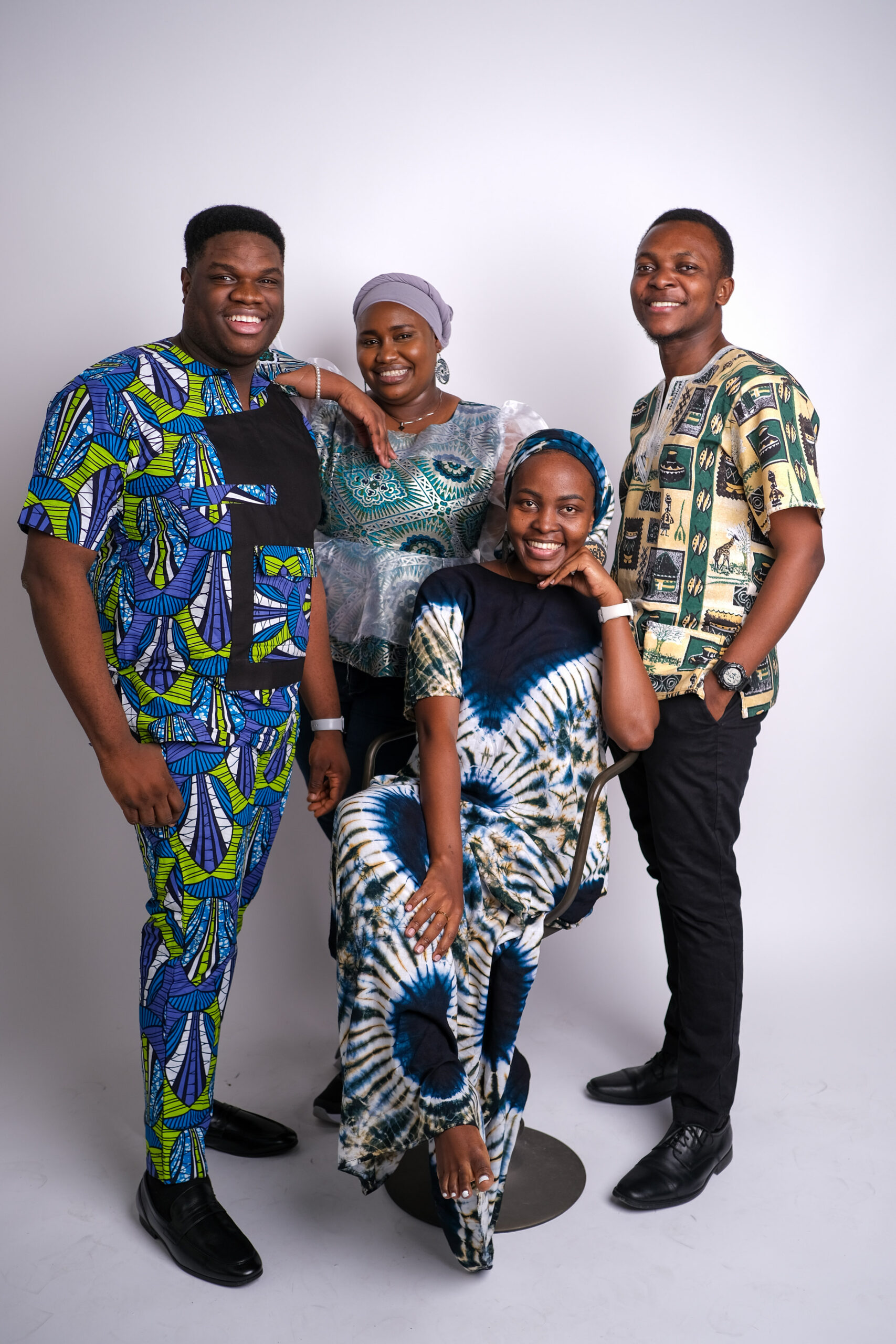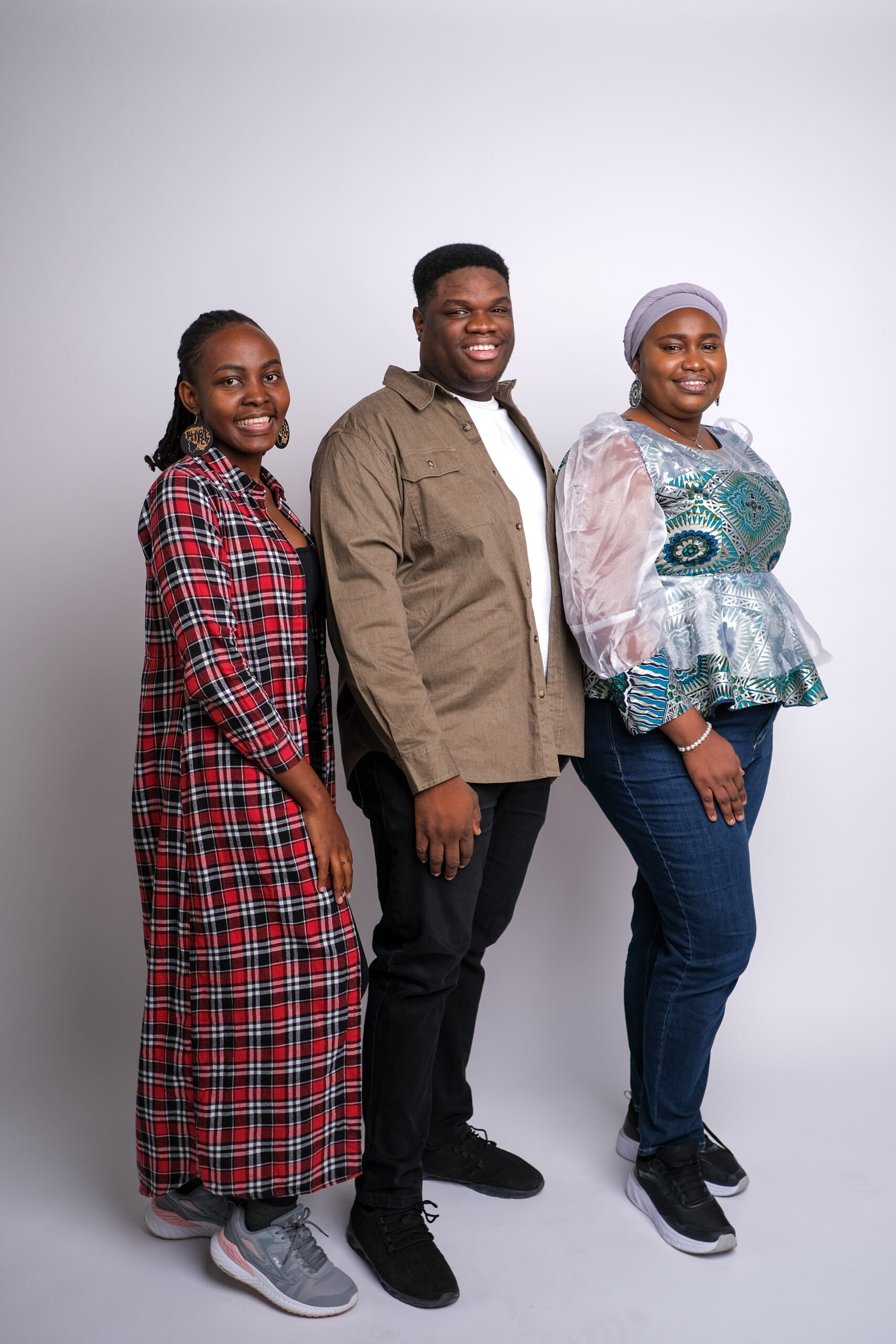Meet Isdora Msigwa, a Mastercard Foundation scholar hailing from Dar es Salaam, Tanzania, currently pursuing her MEng degree at the University of Toronto. Upon completing her studies, Isdora envisions herself thriving in the dynamic field of healthcare consulting, leveraging her expertise as both an R&D engineer and a Business Development Specialist within pharmaceutical and medical device companies. Isdora fondly describes her home country, Tanzania, as a beautiful and vibrant nation with a rich cultural heritage, stunning beaches, and delicious cuisine. The traditional attire she highlights, the “Dera,” represents Tanzania’s vibrant culture and is worn during special occasions like cultural events and weddings. Beyond academics, Isdora actively engages in extracurricular activities, serving as the Vice President of the Black Graduate Students Association at UofT and participating in mentorship activities. Her diverse interests, commitment to community building, and adventurous spirit exemplify her multifaceted approach to graduate school and life in Canada.
You are a Mastercard scholar, how has that funding helped you in graduate school?
As a proud Mastercard Foundation scholar, I would say the funding has not only helped me to have a comfortable life while pursuing my degree here at the University, but it has also given me a community, through the scholars’ program I have been able to make friends who have been my support system during my graduate school and my stay here in Canada.
What is your goal upon graduating from the MEng program?
I am currently considering the opportunity to contribute my skills and expertise to the dynamic field of Healthcare consulting as a career path, where I aim to thrive as both an R&D engineer and a Business Development Specialist within pharmaceutical and medical device companies upon completing my studies.
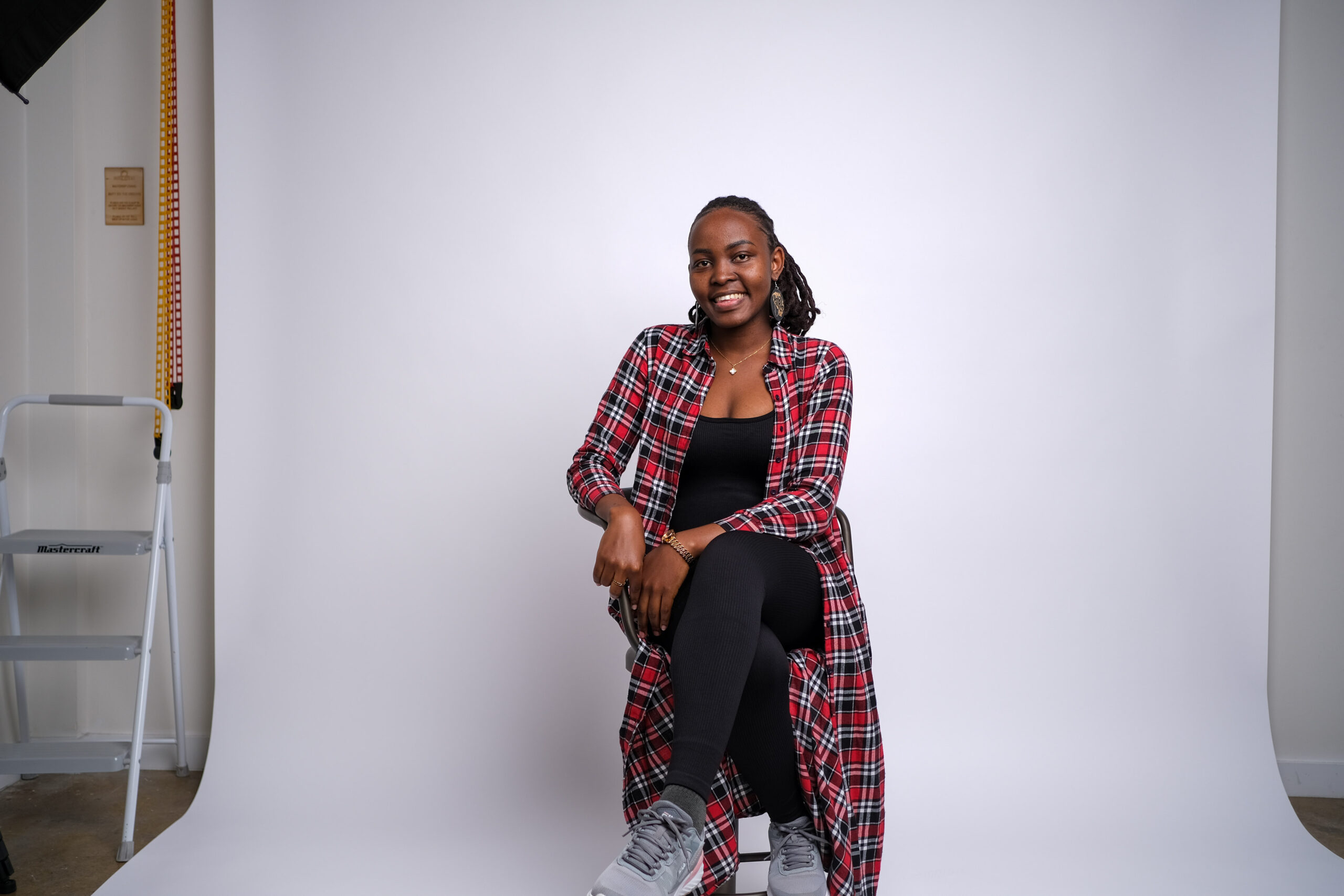
What were some challenges when you arrived in Canada? How did you overcome them?
Upon arriving in Canada, I encountered several challenges typical of adjusting to a new country and culture. One significant challenge was adapting to the Canadian education system, which differed in teaching styles and academic expectations from what I was accustomed to in my previous country of residence, Ghana. To overcome this, I actively sought support from academic advisors, professors, and peers. I also familiarized myself with resources such as student life services to enhance my experience here. Another challenge was adjusting to the cultural differences in Canada. I addressed this by actively participating in cultural events, joining student clubs, and engaging in community activities on campus and outside. Building connections with fellow students helped me integrate into Canadian society and feel more at home. Overall, proactive communication, seeking support, and embracing new experiences were key strategies in overcoming the initial challenges of relocating to Canada.
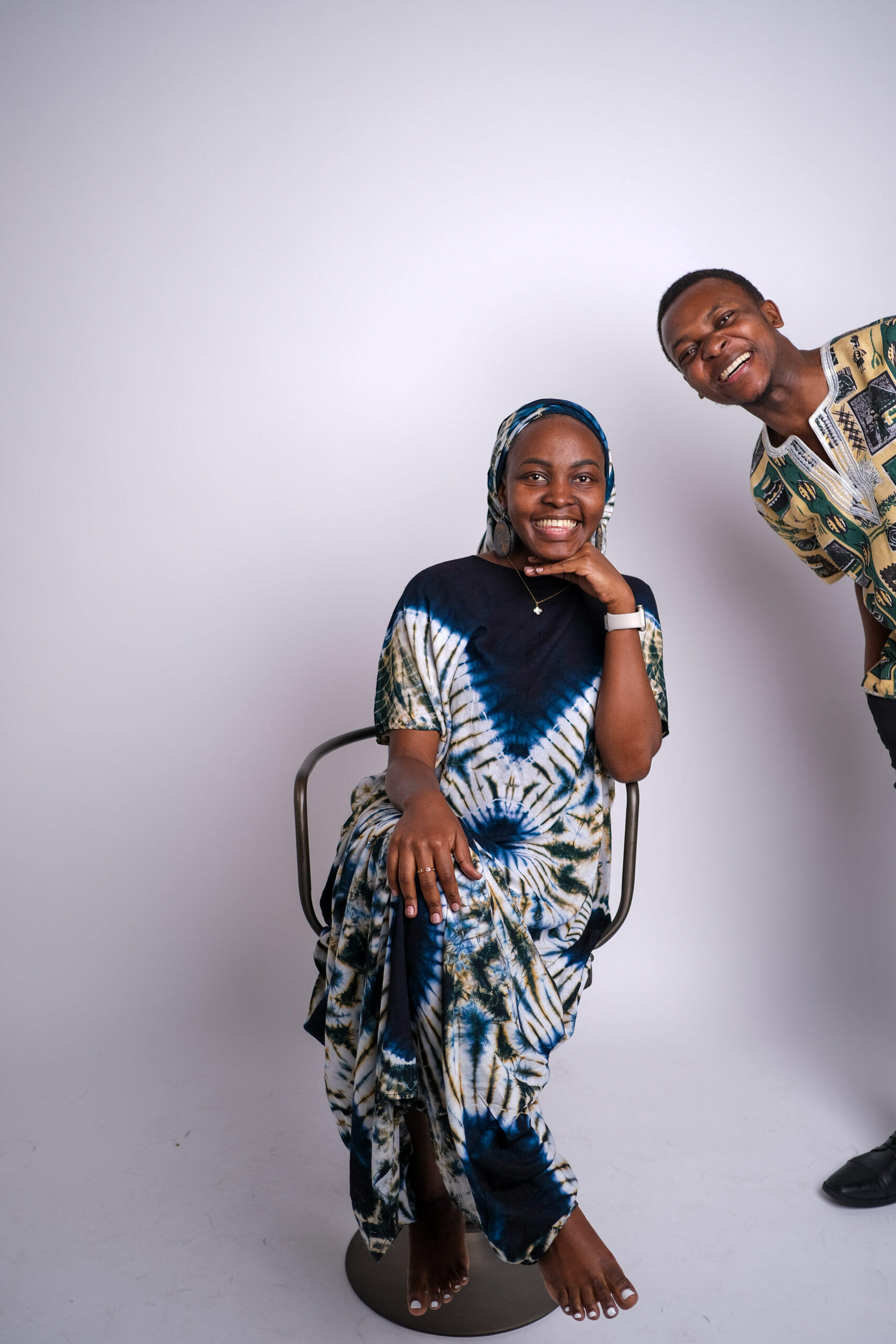
What is your home country and home city? How would you describe it to people who have never been there before?
I am originally from Dar es Salaam, Tanzania. A very beautiful country in Eastern Africa boasting its beautiful culture, food and beaches. Dar es Salaam is a vibrant city with a rich heritage and rapid development. Its colourful markets, vibrant skyline, and stunning beaches are perfect for exploring. Visitors can immerse themselves in local traditions and taste authentic Tanzanian cuisine. The city’s skyline features modern skyscrapers and colonial-era buildings, while its beaches are surrounded with palm trees giving its beaches a very calming and relaxing breeze.
Can you teach us 1-2 local jargon used in your country/city?
Swahili is the most commonly used language in Tanzania. It’s a very interesting language, most people say it’s very romantic.
Hakuna mbambamba:
There’s no problem
Maokoto:
Money or cash
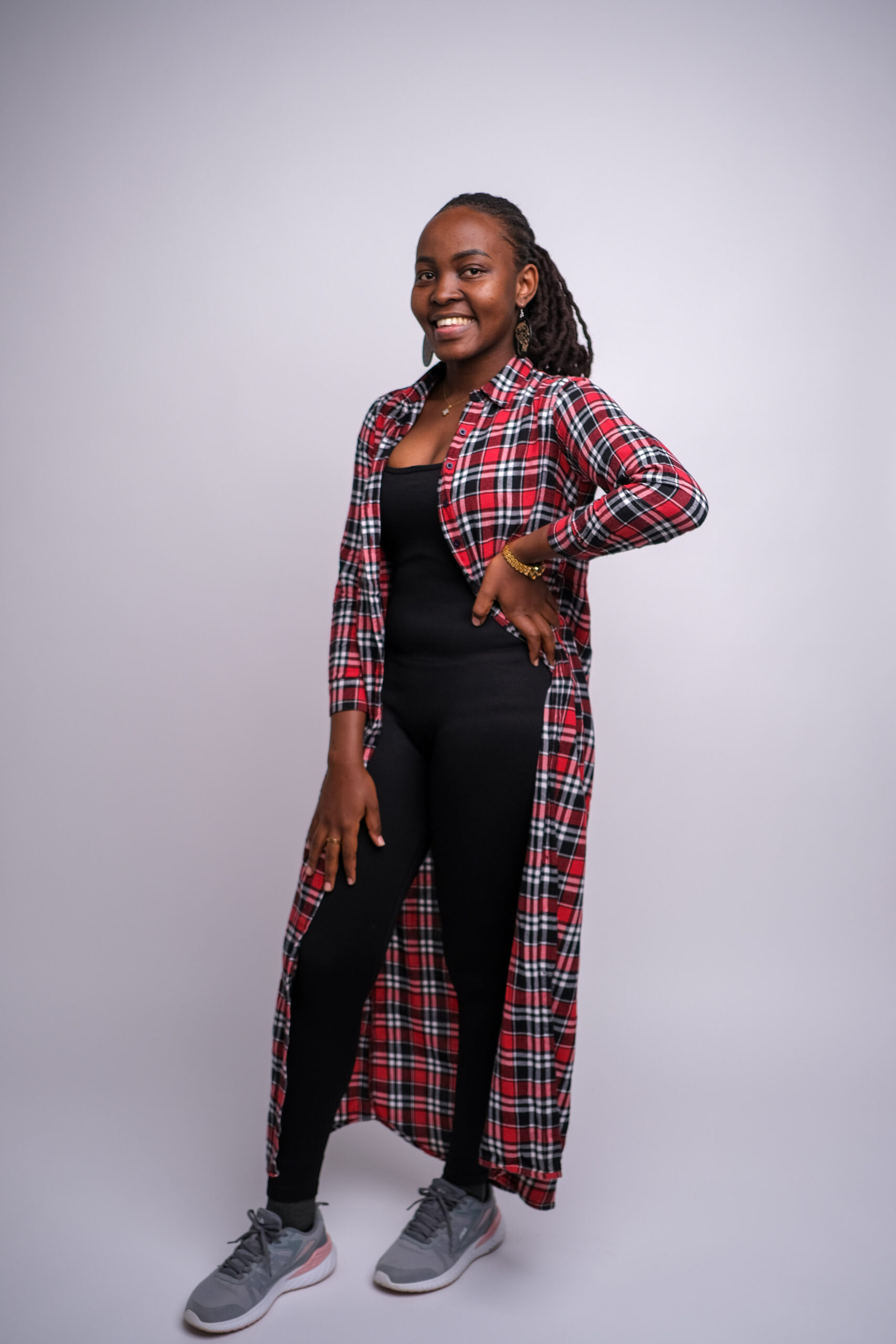
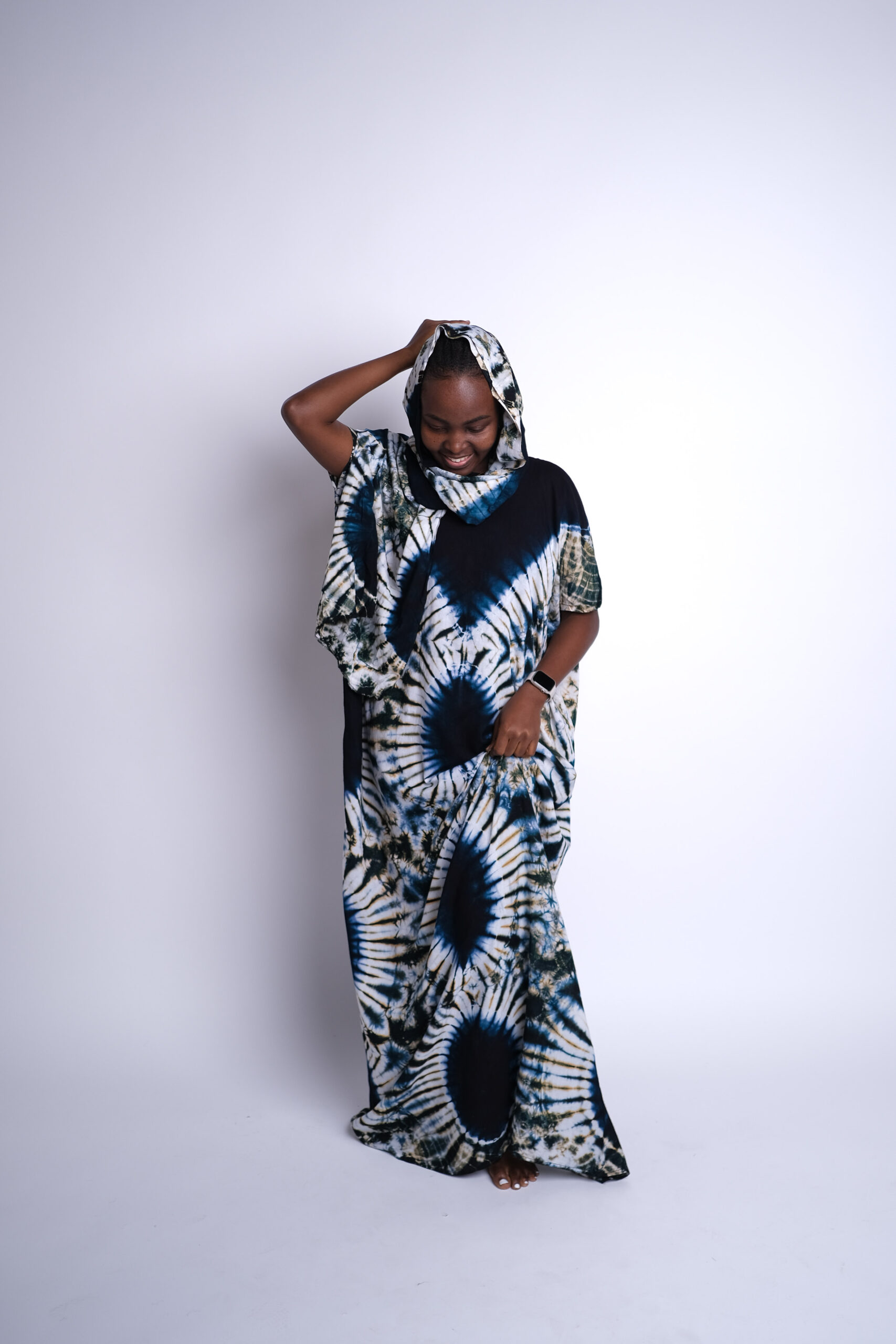
Are there any traditional attires you would like to showcase? What types of occasions would you wear them?
The traditional attire known as “Dera” is a beautiful and vibrant garment often worn in Tanzania, particularly during cultural events, celebrations, weddings, and other special occasions. The Dera is a type of traditional dress usually made from colourful batik fabric, featuring intricate patterns and designs that vary based on regional traditions and personal preferences. It typically consists of a long flowy dress and a head wrap.
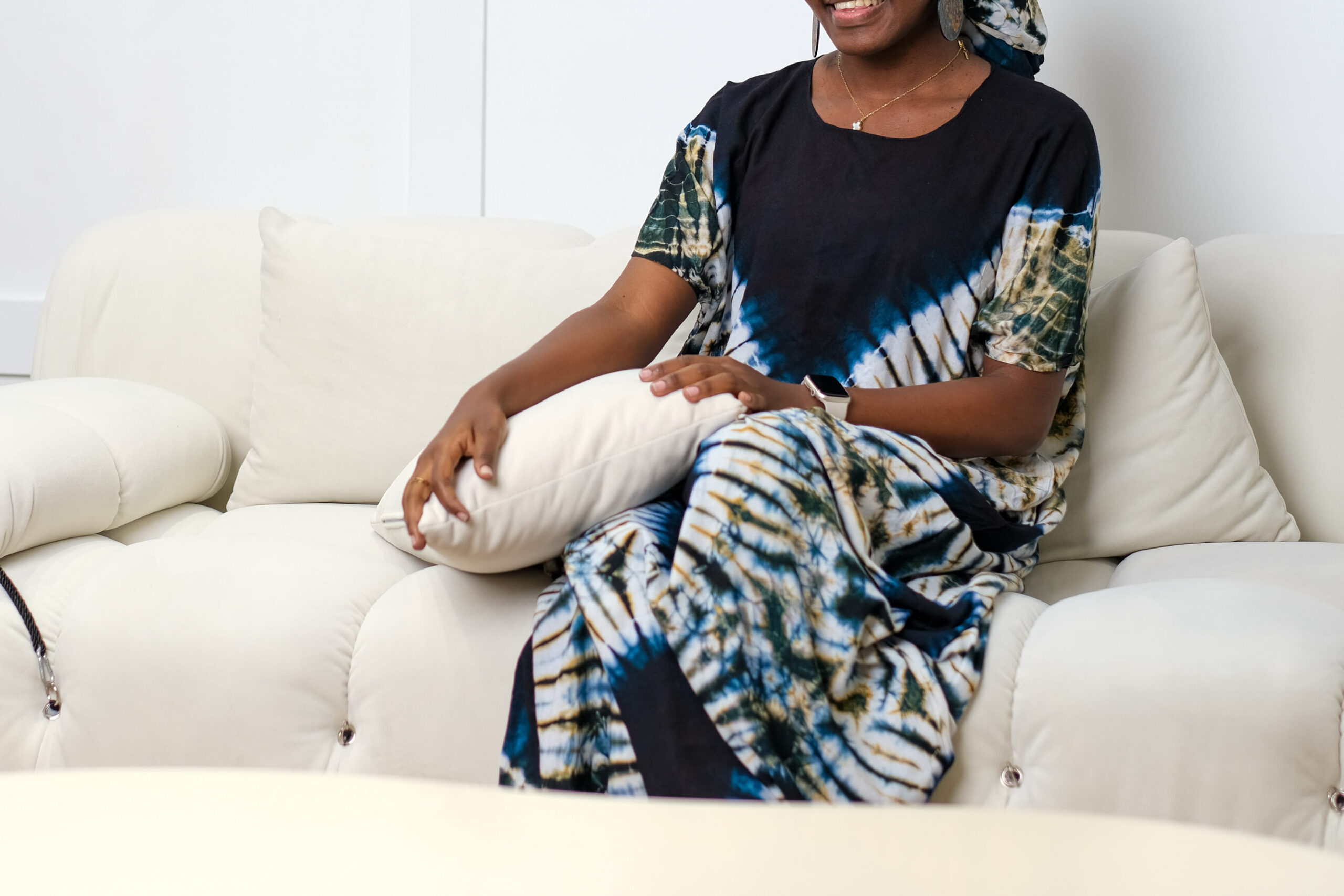
Are you involved in any other extracurricular activities?
Yes, I am involved in some extracurricular activities on campus. I currently serve as the Vice President of the Black Graduate Students Association (BGSA) University of Toronto Chapter, where I work with other members of the team to advocate for equity, inclusion, and community building among grad students. I also work as a mentor and in my free time I enjoy sightseeing, board games, and hiking.
